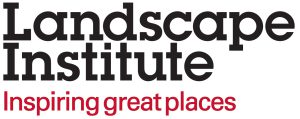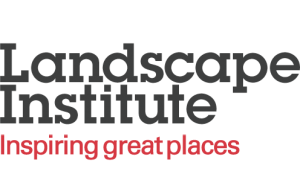Three Standing Committees advise on and help implement the main areas of the Institute’s activity. These are:
- Education & Membership Committee (EMC)
- Policy & Communications Committee (PCC)
- Technical Committee (TC)
Each committee Chair sits on the Board of Trustees, and each committee also has a representative on Advisory Council. Various sub-committees and working groups lead on specialised areas of work.
The standing committees each have terms of reference and the LI Working Together Policy – which supports members, staff, contractors, and LI bodies working together in a professional and supportive way – also applies
The Education & Membership Committee (EMC) develops policy and provides expertise and advice on all issues relating to the education and continuing professional development (CPD) of LI members and on the standards of entry for the LI’s membership grades.
Responsibilities include careers and progression; the accreditation and review of higher education programmes; the mechanics of qualifying for Chartership; and promoting a culture of lifelong learning in the profession to ensure high standards of practice.
Terms of Reference
The main responsibilities of the Policy & Communications Committee (PCC) are:
- leading on the direction and content of the LI’s position statements
- leading the development of LI responses to public policy consultations; and
- representing the Institute at external events such as conferences, workshops and seminars.
Terms of Reference
Technical Committee (TC) provides technical guidance and expertise on landscape matters. The Committee’s work includes responding to consultation documents, working with government bodies and other agencies to influence the technical content of new legislation and guidance, developing the membership’s technical knowledge and practice, and advising on contract documentation.
Technical issues are defined as those requiring specialist skills, experience or knowledge of an applied, practical, scientific or professional area or topic of relevance to the objects of the Landscape Institute and the interests or concerns of its members. The committee will promote an evidence-based ethos within the landscape profession by facilitating the translation of landscape research into technical guidance, enabling the LI to progress its Development Plan and policy objectives on the basis of sound evidence, and developing the knowledge base of the profession.
Terms of Reference




